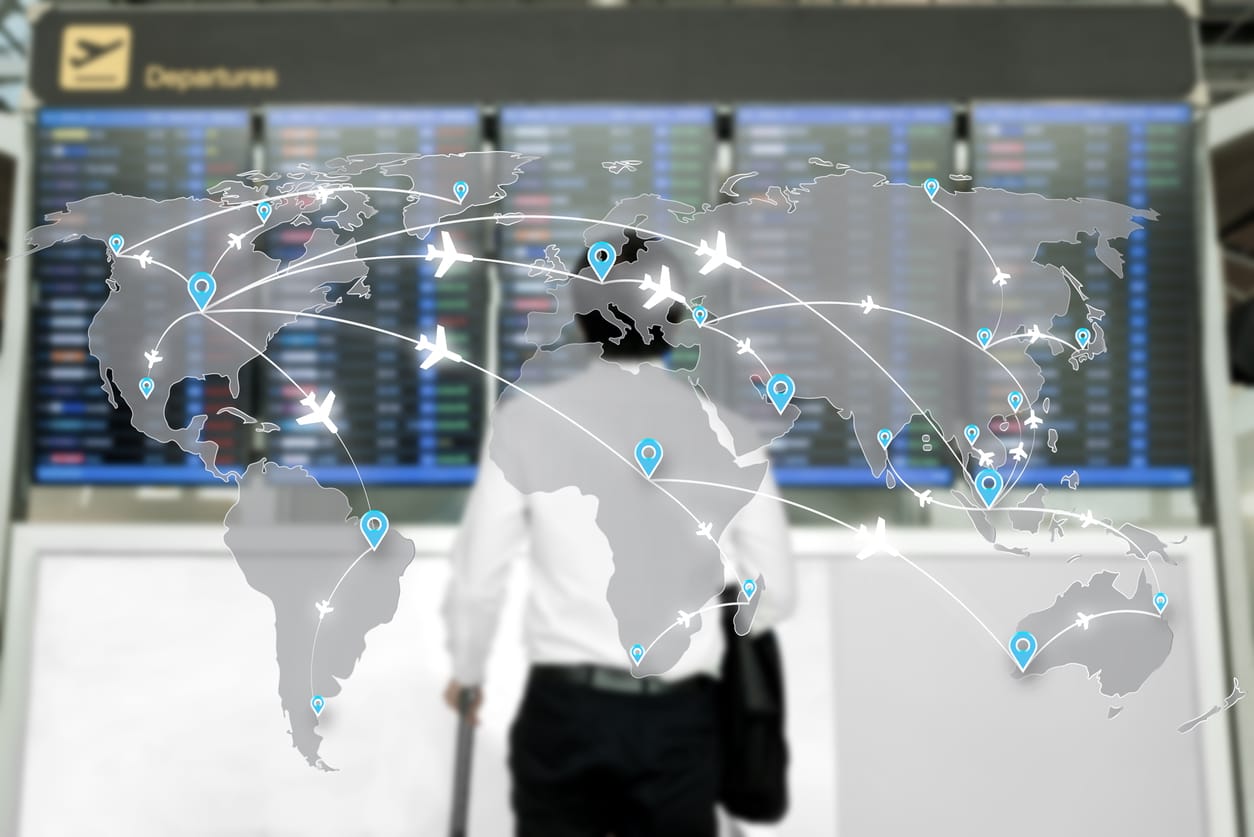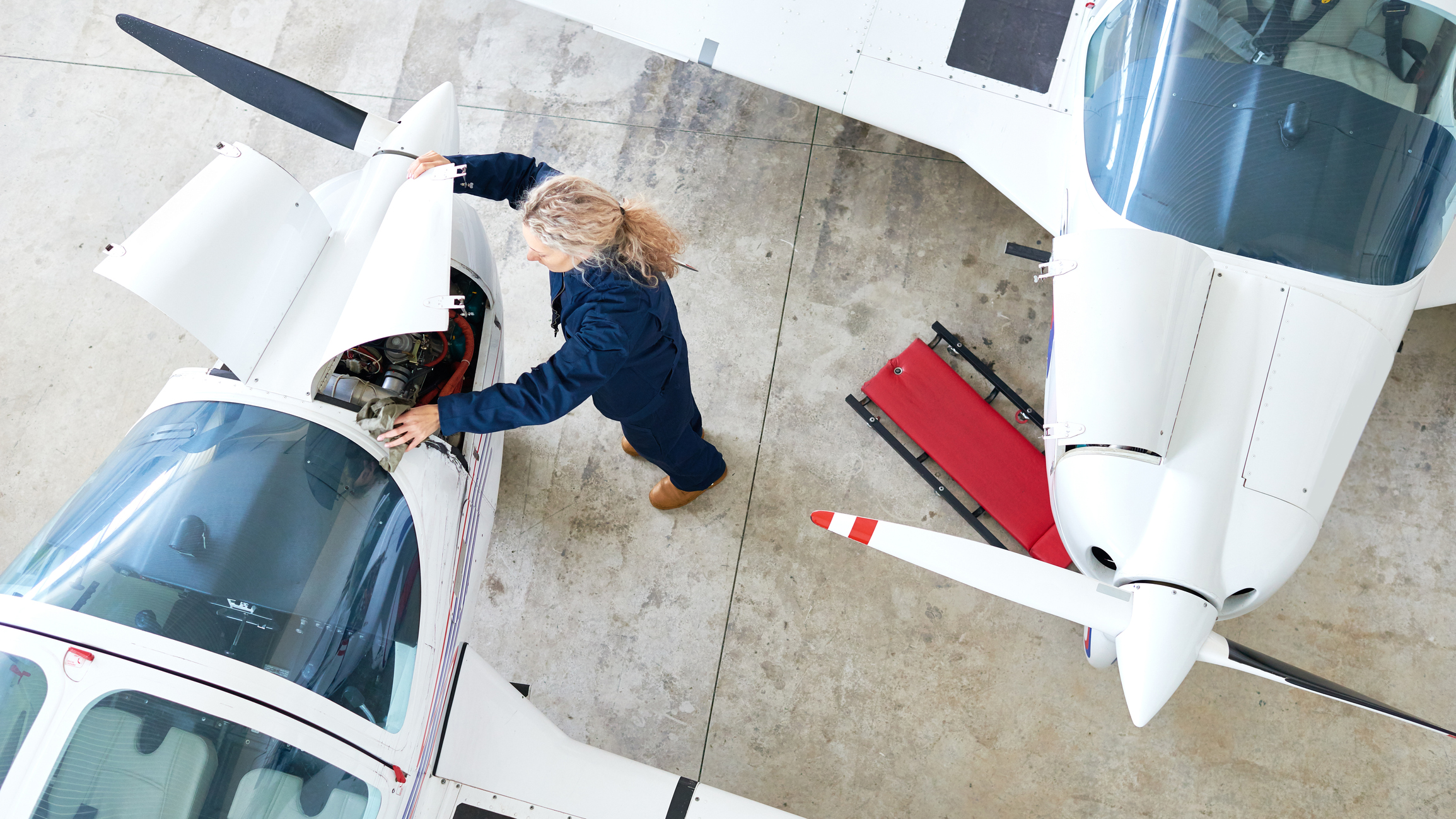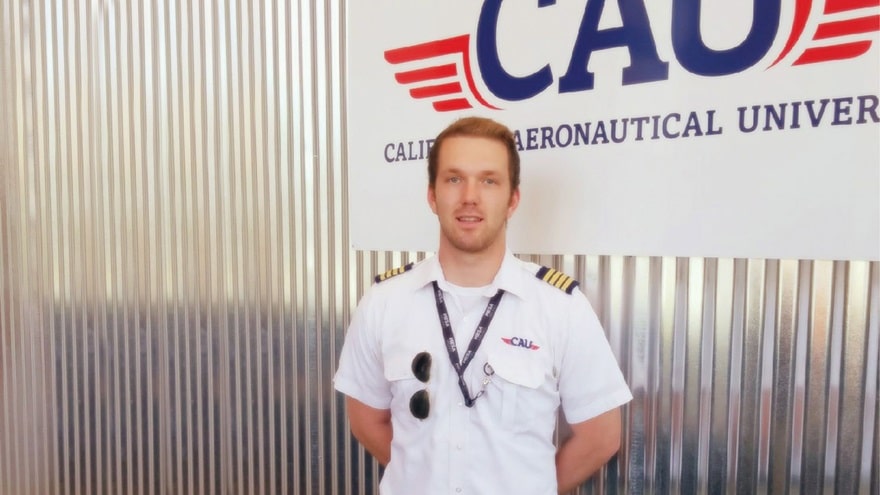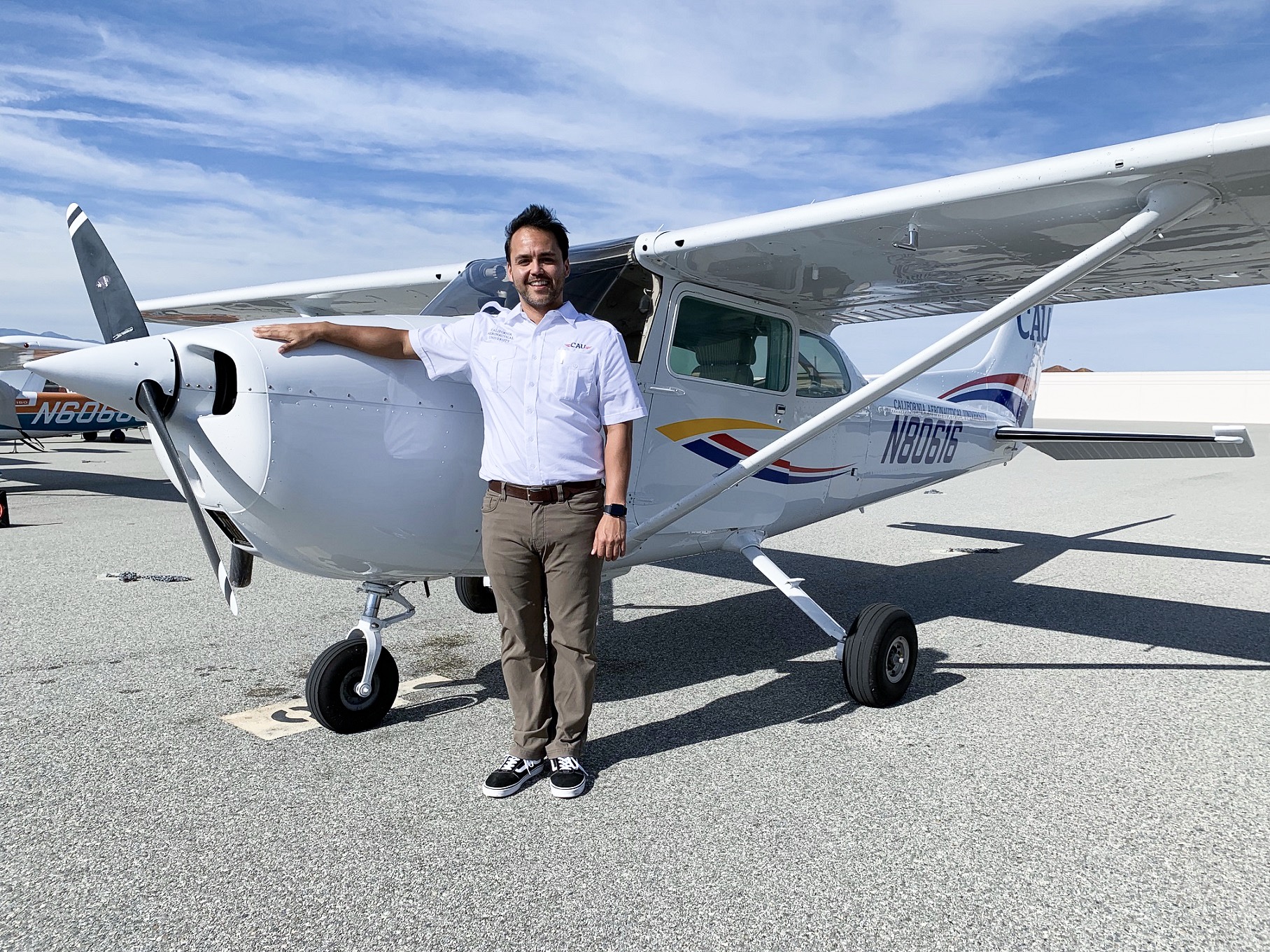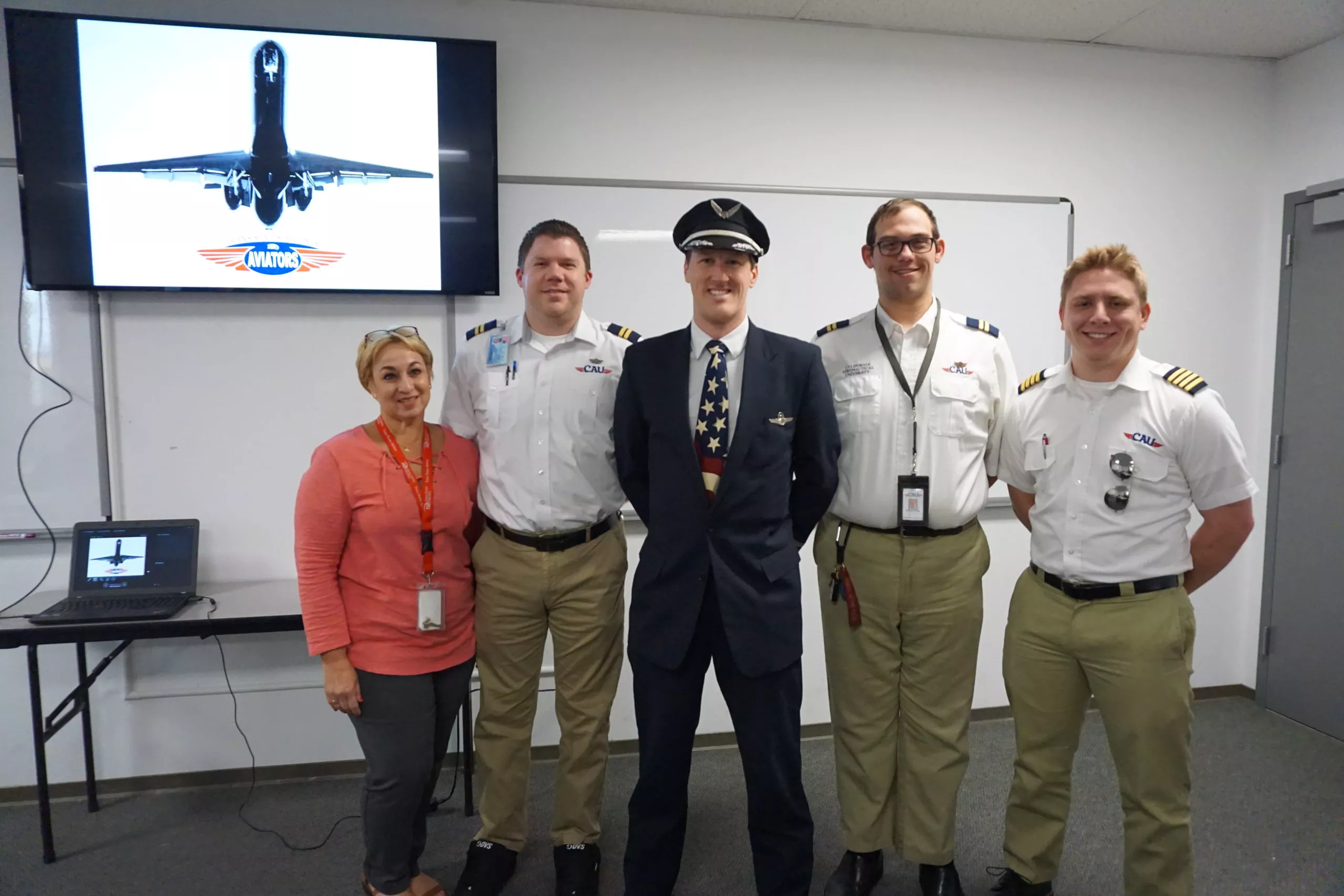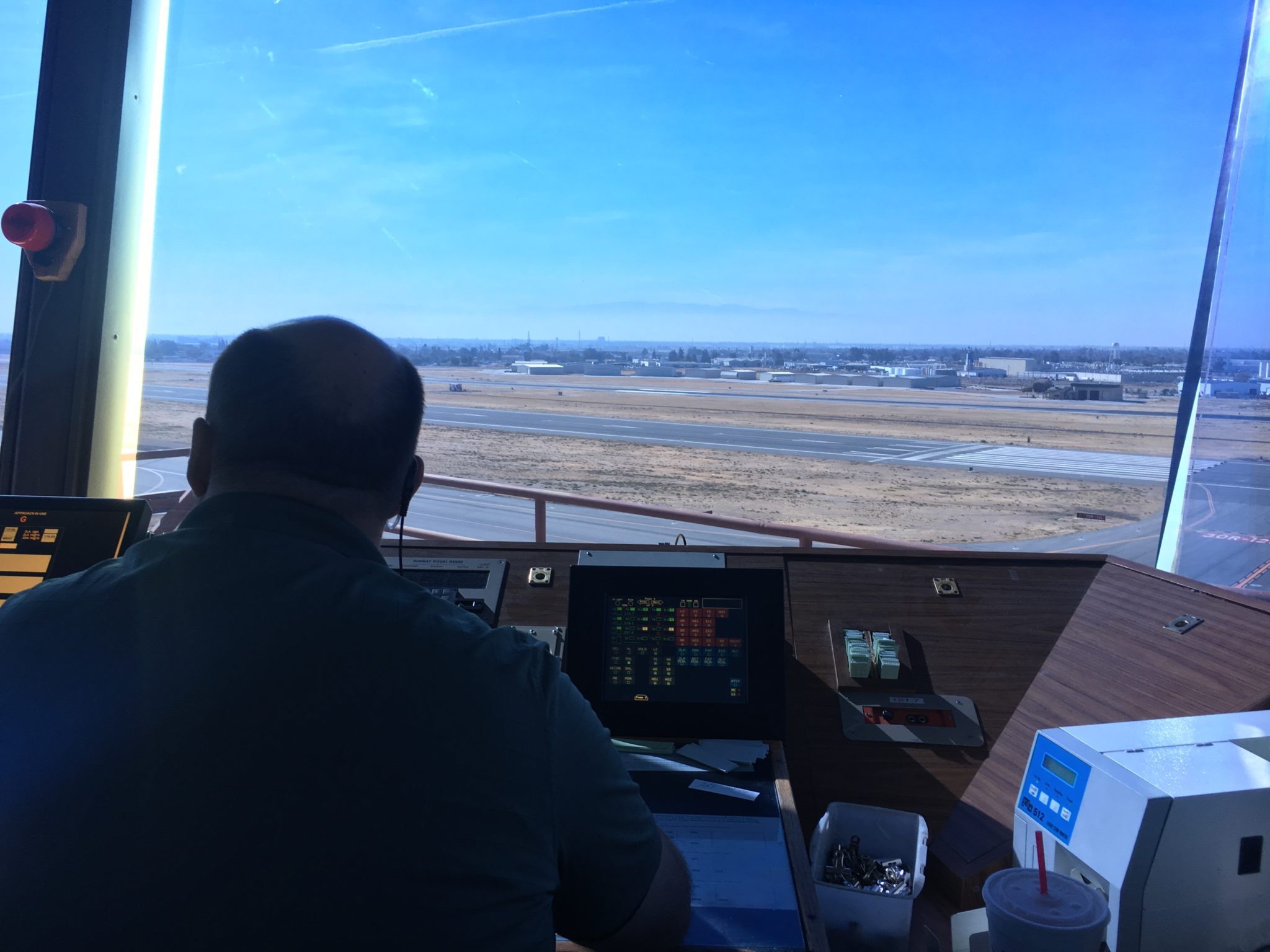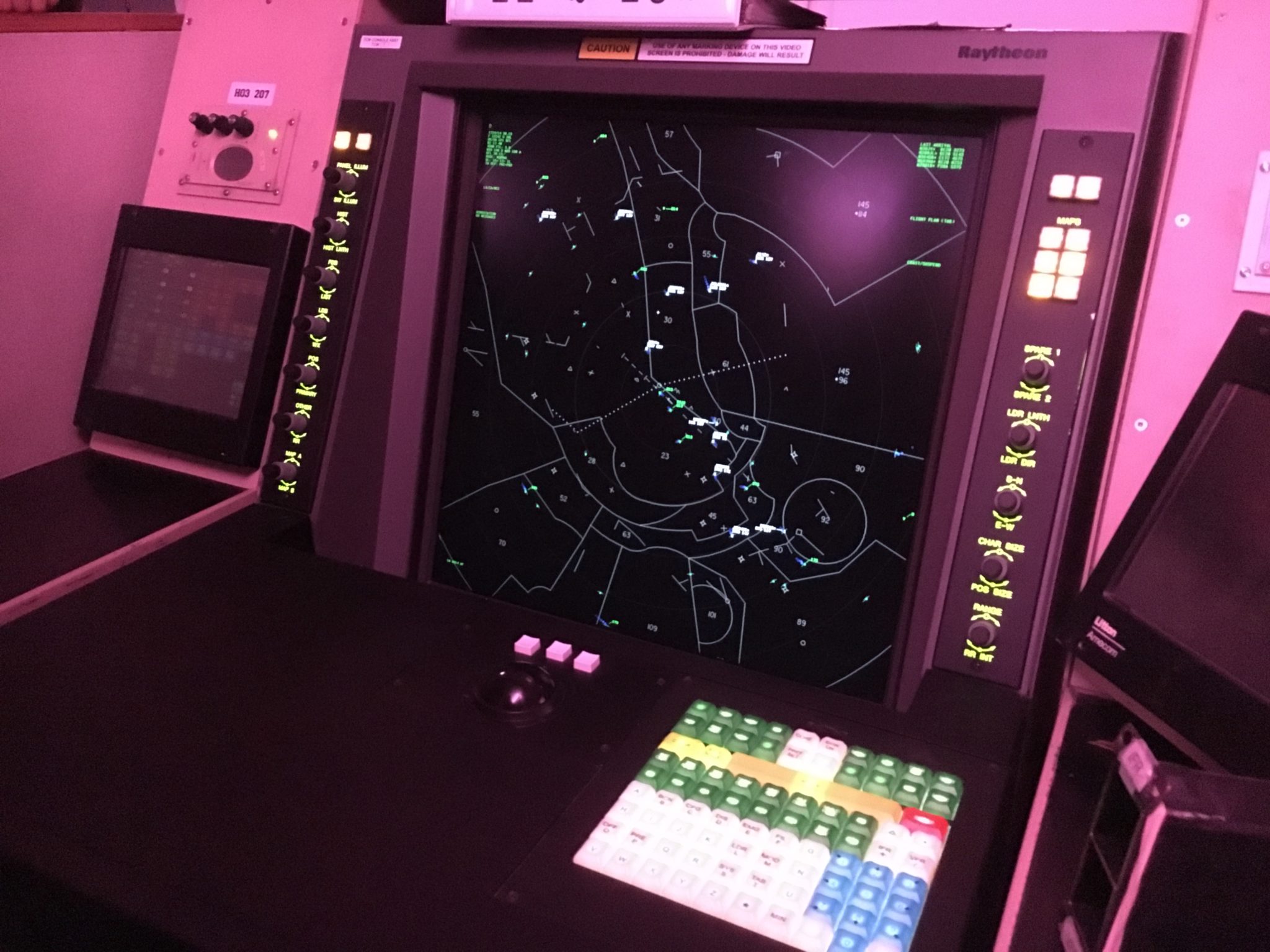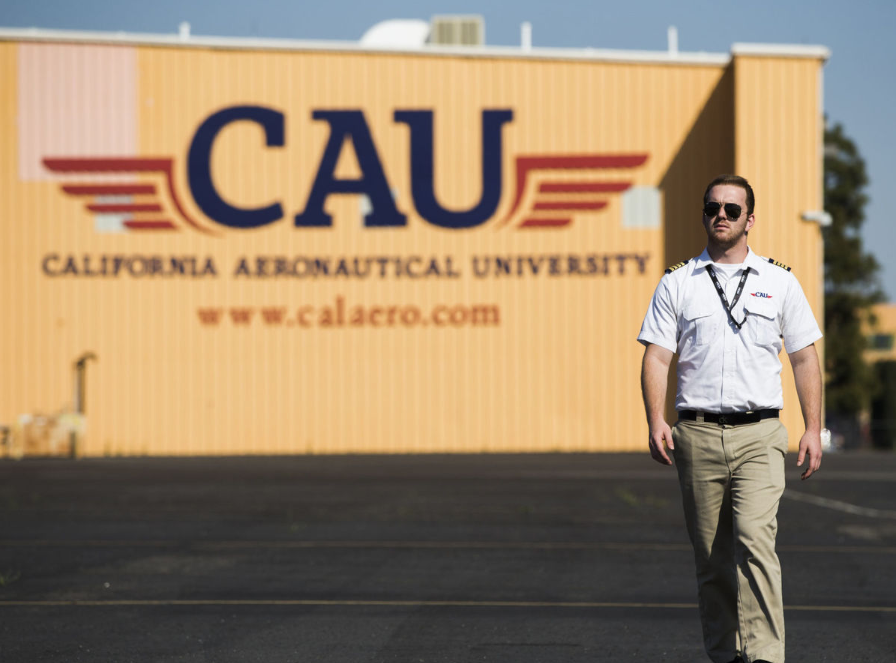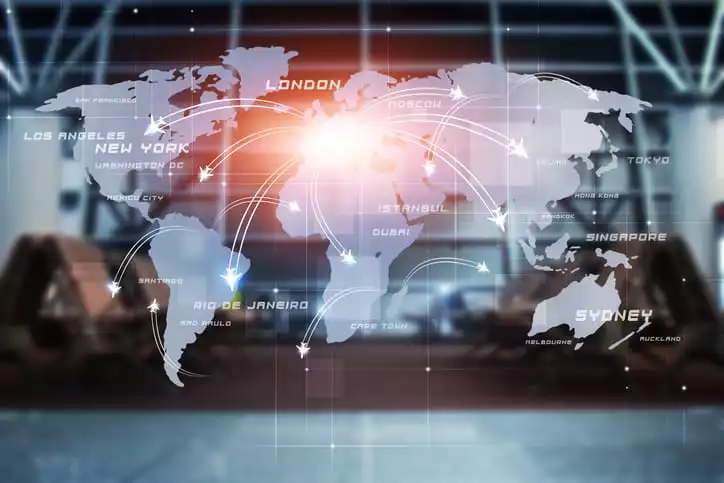Aviation dispatch is a vital aspect of the aviation industry. It is also known as flight following, flight dispatch, or flight operations (or “flight ops” within the industry.) The title “Flight Handling Officer” is most often used in Europe. Airlines, both regional and major, rely upon them to help individual flights safely depart and reach their destinations. Usually, they have the ability to delay or even cancel a flight. Aviation dispatch helps pilots work with multiple streams of data to make informed decisions about their routes and schedules. Becoming an aviation dispatcher is a good way to become involved in the aviation industry without becoming a pilot, flight attendant, or ticket agent.
Without aviation dispatch, flights would not run as efficiently, and pilots might not have as much information as they need in order to make the best possible decisions both on the ground and in the air. While passengers and non-commercial pilots might not be aware of the role of flight dispatchers as they move through their functions in the aviation industry, flight handling officers are the unseen monitors who work with air traffic controllers to help commercial flights take off, navigate, and land smoothly. They help save Captains and First Officers time in looking up information in the event of an emergency.
More than the Captain and the First Officer, who are handling the conditions in the aircraft, and the air traffic controller, who has the perspective of all the traffic in the skies, the flight dispatcher can see both of these viewpoints.
The Role of Flight Dispatchers
Flight dispatchers work with pilots and their data streams to help plan a flight. A good flight dispatcher can work with a large amount of data rapidly and accurately. Flight dispatchers take into consideration any factor that might affect a commercial flight. This includes weather, the airplane’s maintenance status, type of aircraft, and reports of turbulence from other pilots. Flight dispatchers must work with this information while keeping in mind company policy, FAA regulations, or any temporary flight restrictions.
When a pilot is preparing for his or her flight, the dispatcher is checking weather, coordinating schedules, and evaluating data regarding the aircraft. They are working with information issued regularly from air traffic control, weather updates, and other pilots. He or she is usually doing so from the headquarters of the company running the airline or private flight service. Using this information, the flight dispatcher puts together a flight plan for the Captain and First Officer.
After providing the flight plan, the Captain might make minor adjustments or speak to the dispatcher about what he or she has recommended. If he or she agrees with the flight plan, the Captain signs it. The flight dispatcher then monitors the flight as it heads to its destination, watching flow rates and flight paths. He or she checks to see if the time and fuel consumption estimates provided to the flight crew will continue to accurately reflect the projected flight path. It’s important to remember that the flight dispatcher is often responsible for multiple flights.
On their end, Captains and First Officers continue to communicate with their flight dispatchers, alerting them to changing weather conditions or if a hold has been issued. This assists the flight dispatcher in adjusting their flight plans, projecting new landing times, and making flight plans for other crews.
When Adjustments Are Necessary
If maintenance or emergency issues arise on the aircraft, the flight dispatcher will help the pilot understand what is happening both on the ground and around him or her in the skies. They prioritize the safety of the crew and passengers, then look for the most efficient way to either land immediately or find another route.
Most airlines have a doctor on call to speak to the flight crew in the event of a medical emergency. Flight dispatchers will follow company policies to help address the situation and coordinate the conversation between the flight crew and the doctor, as well as making adjustments for the flights surrounding the one experiencing the emergency.
Flight dispatch lets the crew know if they are heading into turbulence or icing conditions. The aviation dispatcher helps to arrange for an alternate route or even another airport at which to land. An aviation dispatcher’s job is not complete once the airplane lands and taxis to the gate. They help to coordinate the “turnaround” of the aircraft—its cleaning, refueling, and maintenance checks.
Becoming an Aviation Dispatcher
It’s a terrific time to become involved in the aviation industry. A career in aviation dispatch can offer many options for those interested in the realm of flight management. Most nations have several opportunities for aviation dispatchers. On a worldwide basis, flight dispatchers are represented by the International Federation of Flight Dispatchers Association (IFALDA.)
While becoming an aviation dispatcher in the United States does not require a college degree, some companies prefer one with a major in air transportation, aviation studies, or meteorology. Equivalent military experience is also usually accepted. Flight dispatchers must be 23 years old, and they must pass the FAA Aircraft Dispatcher Exam.
Prospective flight dispatchers in the United States must successfully complete an FAA-approved training course which lasts at least 200 hours. These classes involve basics of aerodynamics, a study of human factors, instruction on how to perform weight and balance calculations, and training in reading navigation charts as well as FAA communications. They study crew resource management, how air traffic control works, and what affects aeronautical decision-making. Students also take a deep dive into meteorology. They learn how to read forecasts from the National Weather Service, what wind shear is, and how to avoid microbursts.
Working as an Aviation Dispatcher
Flight dispatchers usually enjoy indoor working conditions and full-time benefits. FAA regulations and company policies might demand that working flight dispatchers undertake what’s known as “recurrent training.” This involves refreshment courses in FAA rules, navigation, air traffic control procedures, meteorology, or the policies of the airline for which they work.
Ready to soar in your aviation career?
Mr. Matthew A. Johnston has over 23 years of experience serving various roles in education and is currently serving as the President of California Aeronautical University. He maintains memberships and is a supporting participant with several aviation promoting and advocacy associations including University Aviation Association (UAA), Regional Airline Association (RAA), AOPA, NBAA, and EAA with the Young Eagles program. He is proud of his collaboration with airlines, aviation businesses and individual aviation professionals who are working with him to develop California Aeronautical University as a leader in educating aviation professionals.
